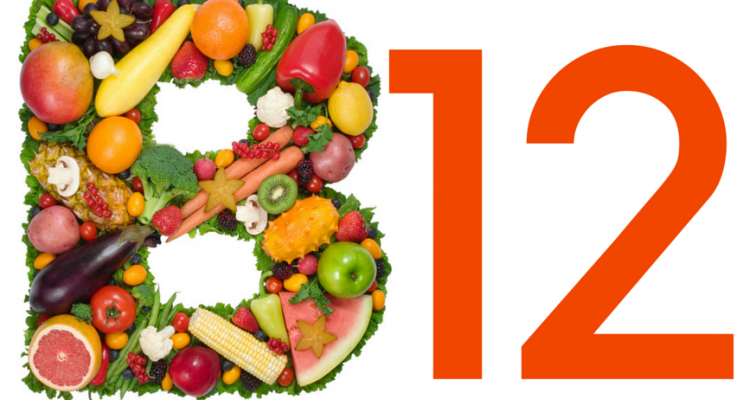I have enjoyed so many benefits from following a plant-based diet for the past five years, from hugely increased energy to improved fitness and recovery from exercise, a stronger immune system, great sleep, clear skin and my weight always stays stable. In fact, it’s been totally life-changing for me!
I know that moving to a fully plant-based diet can be daunting and a huge commitment for many people, though it’s fantastic to see how much attitudes to health and nutrition have changed in the past five or six years, with so many more people conscious of their intake of fresh veggies and healthy sources of essential fat.
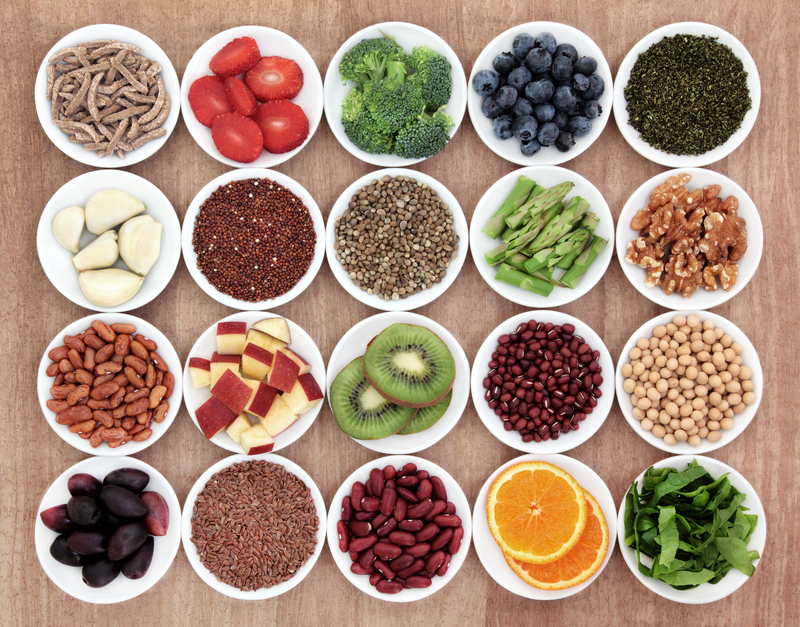
My aim with my books and this website is to simply show those that are interested in introducing more veggie meals and foods to their diet, is that there is so much taste and variety in plant foods, and you don’t need to feel deprived, hungry or that you’re on a strict diet. I certainly don’t! Plus there are so many delicious treats to make, including my favourite healthy Mars Bars 🙂
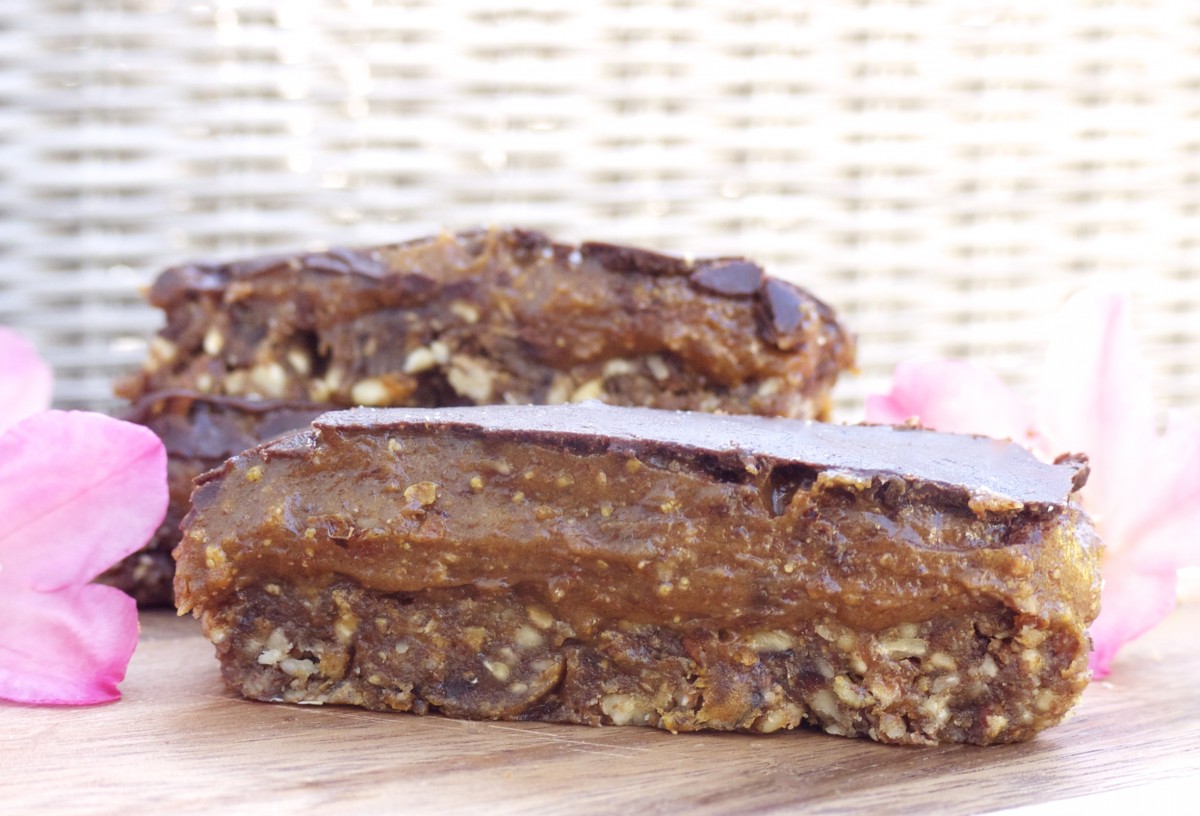
I view this as a very rewarding lifestyle and definitely not a restrictive diet or any sort of self-punishment. For me, it’s also about living with a clear conscience…I love knowing that I eat a cruelty-free diet 🙂
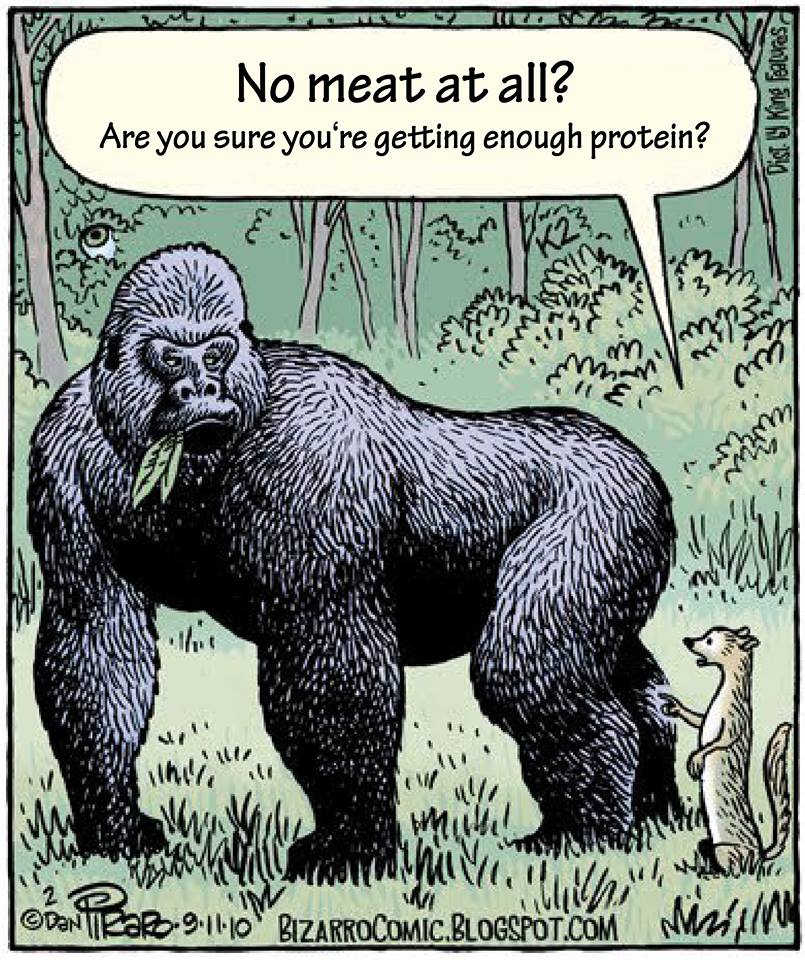
What About Your Nutrients?
One of the questions I’m asked most from others about my plant-based diet (apart from the protein question!) is whether I can get all of the nutrients I need.
A well-planned plant-based diet will give you all your body needs and in many cases even more than those eating a typical processed Western diet, thanks to all of the veggies, fruits, nuts, seeds, legumes and whole grains filled with vitamins, minerals, antioxidants and fibre.
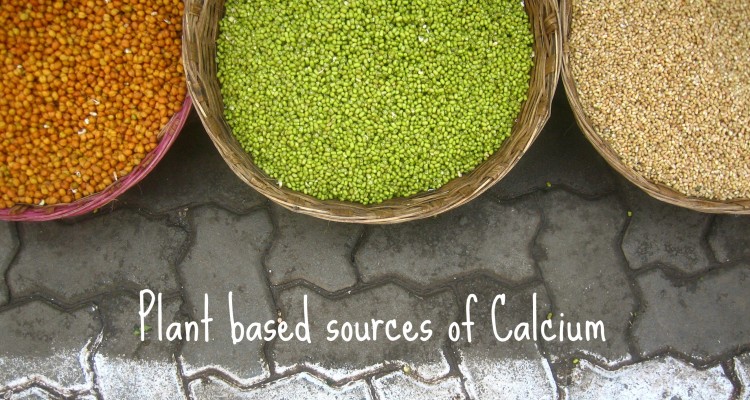
I speak quite a bit about calcium and the best plant-based sources of it, plus iodine found in sea vegetables, and I pretty much can’t stop going on about the importance of omega-3 fat!
It’s also important to be mindful of vitamin B12, vitamin D, iron and zinc. Vitamin B12 is essential for the protection and growth of our nervous system, and without sufficient amounts, some may develop a form of anaemia, fatigue, dizziness, headaches, memory loss and moodiness.
B12 is needed for properly digesting, absorbing and metabolising foods, particularly fats and carbohydrates. It’s also essential for converting homocysteine into methionine, which is needed to build protein for a healthy heart and blood vessels.
Plant-Based Eating and B12
One of the only vitamins we need to supplement on a plant-based diet is B12, as it’s found almost entirely in animal protein foods. Our body can actually store B12 for up to half a decade, so deficiencies don’t become apparent immediately. For this reason, it’s a good idea to speak to your GP and get your blood B12 levels measured about once a year if you’re on a fully plant-based diet.
B12 can be found in fortified plant milks, nutritional yeast and some sea vegetables, but my advice is to supplement B12 on a plant-based diet. The Irish recommended dietary allowance for adults is 3 micrograms (mcg) per day, and 4mcg in pregnancy. I use a daily spray under my tongue of methlycobalamin, which absorbs straight into my bloodstream.

